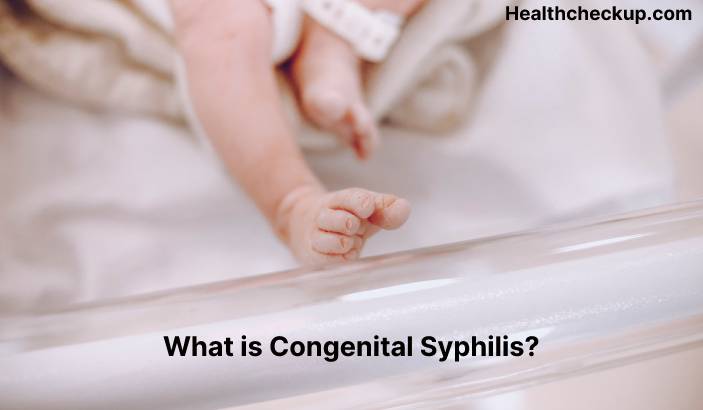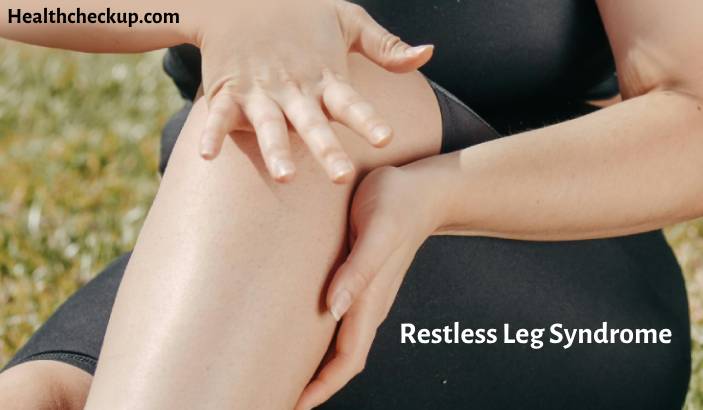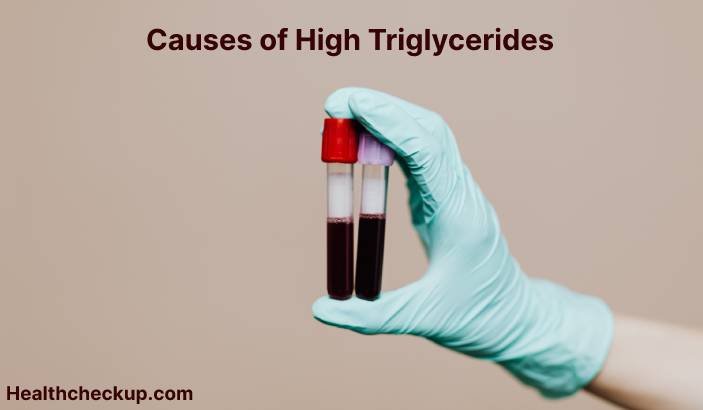Congenital syphilis is a form of syphilis that is transmitted from an infected mother to her baby during pregnancy or childbirth. Syphilis is caused by the bacterium Treponema pallidum, and it is a sexually transmitted infection (STI) that is transmitted through sexual contact, including vaginal, oral, and anal sex. Congenital syphilis can cause a range of symptoms in newborns, from mild to severe, and it can lead to serious complications, such as deformities, brain damage, and organ damage.
Symptoms of congenital syphilis may include:
- Rash on the palms of the hands or soles of the feet
- Sores on the mouth, anus, or genital area
- Swollen liver or spleen
- Bone deformities
- Yellowing of the whites of the eyes (jaundice)
- Enlarged fontanelle (soft spot on the head)
- Seizures
In severe cases, congenital syphilis can be fatal.
Diagnosis of congenital syphilis is typically based on the presence of symptoms and a laboratory test to confirm the presence of the bacterium.
Treatment of congenital syphilis typically involves antibiotics to kill the bacterium. It is important to complete the full course of treatment as prescribed to ensure that the infection is fully eradicated. In severe cases, hospitalization may be necessary to provide supportive care, such as oxygen therapy and fluids.
Congenital syphilis can be prevented through screening and treatment of pregnant women for syphilis, as well as through safe sexual practices, such as using condoms and practicing monogamy. It is also important to get tested regularly for STIs and to inform your sexual partners if you have an STI so that they can also get tested and treated if necessary. If you are pregnant and have been exposed to an infected individual or have symptoms of syphilis, it is important to seek medical attention as soon as possible. Follow the recommendations of your healthcare provider and public health officials to help protect yourself and your baby from congenital syphilis.








